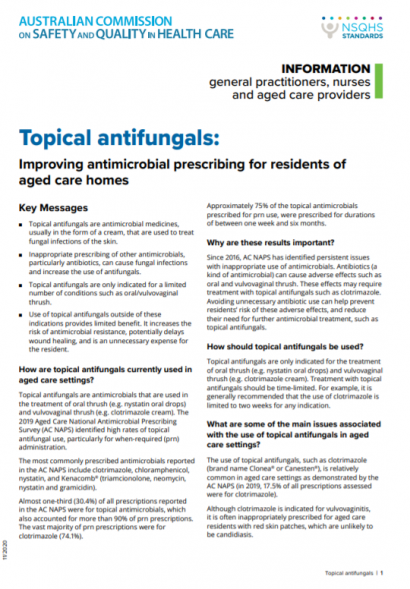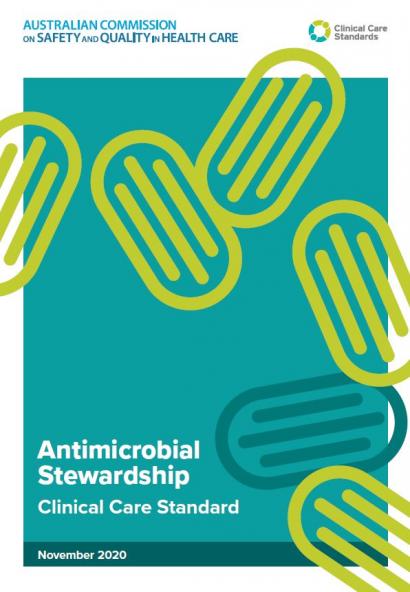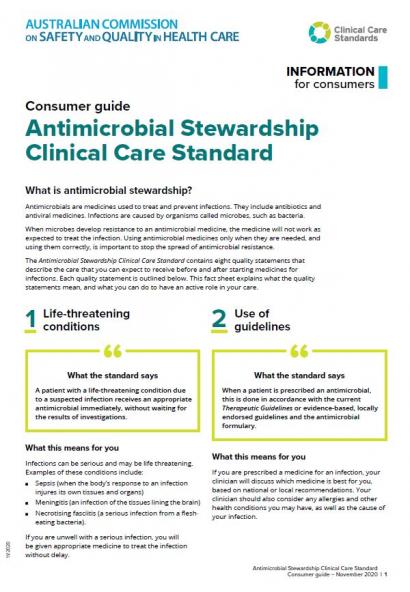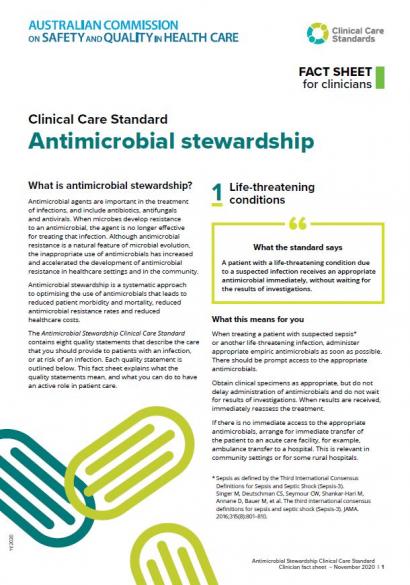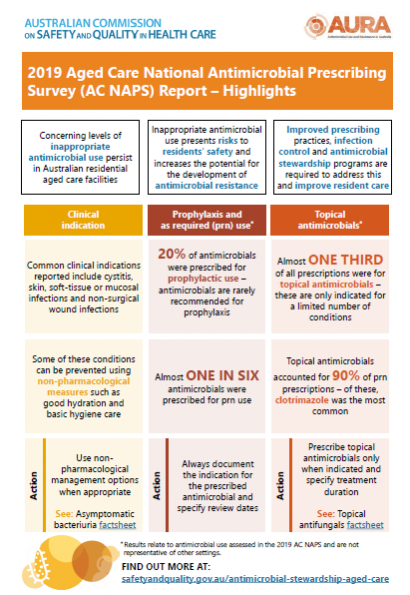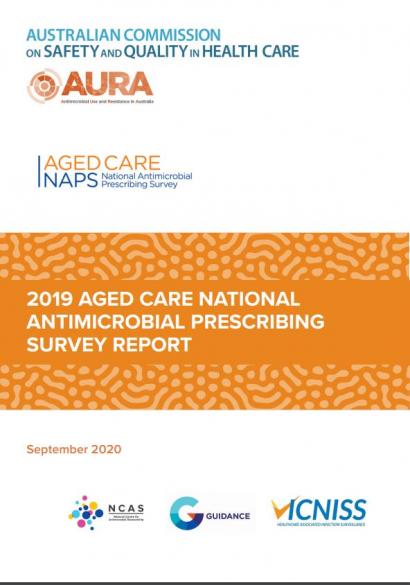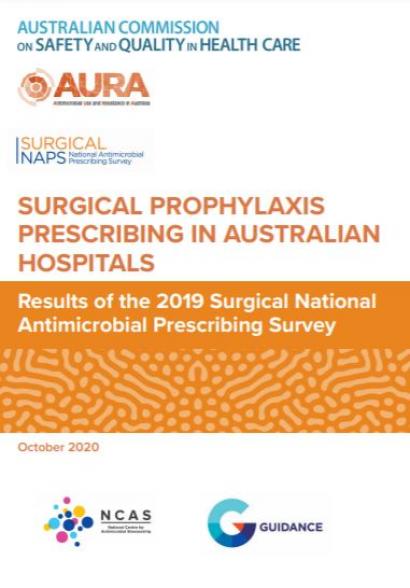The Commission is concerned for older people and people with disability in all settings where psychotropic medicines are being prescribed inappropriately as a form of restrictive practice to control behaviour, off-label and for extended periods without review.
The Commission has undertaken a number of initiatives to reduce inappropriate use of psychotropic medicines.

